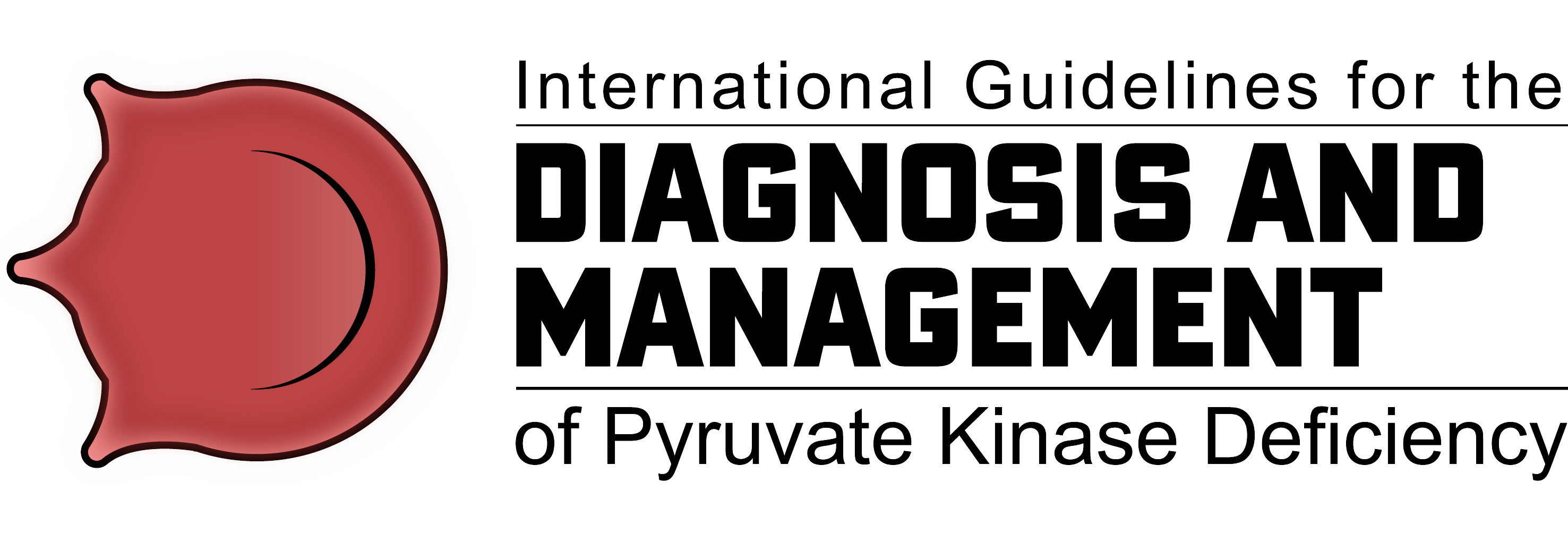Fats are essential for our health. They provide energy, support cell growth, and protect organs. However, a lack of fats in your diet can lead to serious health issues. Understanding these diseases and their implications is crucial. Early screening and timely treatment can prevent complications. This blog explores the diseases caused by fat deficiency and highlights the importance of family health screenings.
The Role of Fats in the Human Body
Fats play a vital role in maintaining overall health. They serve as a significant energy source, especially during physical activity. They also help in the absorption of essential vitamins like A, D, E, and K. These vitamins are critical for immune function, vision, and bone health. Without fats, the body cannot produce key hormones that regulate various processes.
Healthy fats also contribute to maintaining brain health. They are crucial for building cell membranes and ensuring proper nerve function. Omega-3 and omega-6 fatty acids, in particular, are vital for reducing inflammation and supporting heart health. These fats also contribute to mental well-being by stabilizing mood and improving cognitive functions.
When fat levels drop, the body struggles to maintain these vital functions. This imbalance leads to diseases and long-term health problems. The importance of maintaining adequate fat levels cannot be overstated.
Diseases Caused by Fat Deficiency
A diet deficient in fats impacts every system in the body. Over time, it may cause several diseases.
Essential Fatty Acid Deficiency
This is one of the most common conditions caused by a lack of healthy fats. It leads to symptoms like dry skin, hair loss, and poor wound healing. Essential fatty acid deficiency also disrupts metabolic processes, affecting energy production and tissue repair. Long-term deficiency can impair brain function and weaken the immune system.
Hormonal Imbalances
Fats are crucial for hormone production. Without them, hormonal imbalances occur, especially in women. This may lead to irregular menstrual cycles and infertility. In men, it affects testosterone production, reducing muscle strength and energy levels. Hormonal imbalances can also cause fatigue, mood swings, and reduced libido in both men and women.
Neurological Disorders
The brain relies heavily on fats for optimal functioning. A deficiency can cause memory problems, difficulty concentrating, and even depression. Fats are essential for the myelin sheath, which protects nerve cells. When fat levels drop, neurological conditions like multiple sclerosis or neuropathy may develop. Fat deficiency in older adults is also linked to an increased risk of Alzheimer’s disease.
Growth and Development Issues in Children
Fats are vital for a child’s growth and brain development. Deficiency in fats during childhood can delay cognitive and physical milestones. It may also result in poor immunity, leaving children vulnerable to infections. Furthermore, chronic fat deficiency in children can lead to stunted growth and developmental delays that persist into adulthood.
Pyruvate Kinase Deficiency
Although primarily genetic, fat deficiency can worsen the symptoms of pyruvate kinase deficiency. This condition affects red blood cells, leading to fatigue, anemia, and jaundice. Without sufficient fats, the body’s ability to cope with such genetic conditions diminishes. Early treatment and dietary management are critical. Screening for family health members ensures early detection and intervention.
Weakened Immune System
A lack of fats weakens the immune response. The body becomes less effective in fighting off infections. This makes individuals more susceptible to common illnesses and chronic diseases. Fats help produce anti-inflammatory compounds that protect against autoimmune conditions and chronic inflammation.
Cardiovascular Risks
While excessive fat intake is linked to heart disease, too little fat can also harm cardiovascular health. Fats help maintain healthy cholesterol levels. Without them, the balance between good (HDL) and bad (LDL) cholesterol is disrupted. This increases the risk of atherosclerosis, leading to heart attacks or strokes.
The Importance of Screening
Screening for fat deficiency and related diseases is crucial. It helps identify issues early, preventing severe complications. Family health screenings play a key role in this process. These screenings assess nutritional status, detect genetic conditions, and evaluate overall health risks.
For conditions like pyruvate kinase deficiency, early detection is lifesaving. Treatment options, such as dietary modifications and medical therapies, improve quality of life. Regular screenings ensure that families can address potential health concerns promptly.
Screening is particularly important for at-risk groups such as children, pregnant women, and individuals with pre-existing health conditions. In these groups, fat deficiency can have severe consequences. Family health screenings also offer an opportunity to educate individuals on maintaining a balanced diet. This helps in preventing deficiencies and promoting long-term health.
Pyruvate Kinase Deficiency Treatment
For individuals with pyruvate kinase deficiency, specialized treatment services are essential. These services often include dietary planning to ensure adequate fat intake. Additionally, supplements and medical interventions are used to manage symptoms.
Treatment services focus on maintaining a balance between nutrition and medical therapy. In severe cases, procedures like blood transfusions may be necessary to manage symptoms. Early treatment reduces complications and improves long-term outcomes. Family members should also be screened for genetic predispositions. This ensures that everyone receives the care they need.
Health professionals offering pyruvate kinase deficiency treatment service also provide ongoing support. This includes regular check-ups, personalized dietary recommendations, and access to specialists. Such comprehensive care ensures that patients can lead fulfilling lives despite their condition.
Prevention and Maintenance
Preventing fat deficiency starts with a balanced diet. Include sources of healthy fats like avocados, nuts, seeds, and fatty fish. These foods provide the essential nutrients your body needs. Regular health check-ups can also help detect deficiencies early.
Incorporating healthy fats into your diet does not mean overeating. Portion control and moderation are key. Consulting a nutritionist ensures that you meet your dietary needs without overconsumption.
For families with genetic conditions like pyruvate kinase deficiency, proactive health management is essential. This includes regular screenings, dietary adjustments, and early intervention. Educating family members about the importance of fats in the diet can make a significant difference.
Conclusion
Fat deficiency is a serious health concern that can lead to various diseases. From hormonal imbalances to neurological issues, the impact is far-reaching. Regular family health screenings and early interventions are vital. Services like pyruvate kinase deficiency treatment provide essential support. Maintaining a balanced diet rich in healthy fats is the first step toward better health. Prioritize your well-being today.

